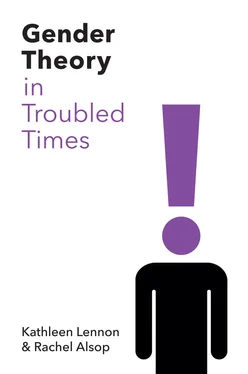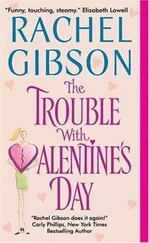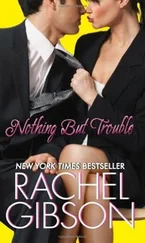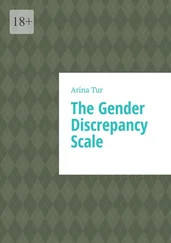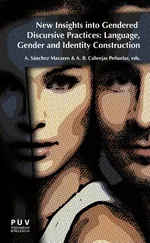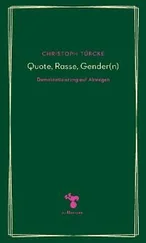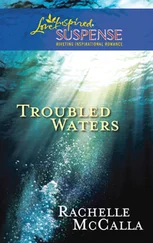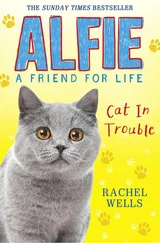Elizabeth Grosz suggests there is a certain absurdity ‘in objecting to the notion of nature, or biology itself, if this is (even in part) what we are and will always be. If we are our biologies, then we need a complex and subtle account of that biology … How does biology – the structure and organisation of living systems – facilitate and make possible cultural existence and social change?’ (2008: 24). Grosz makes these remarks in the context of a paper exploring the work of Darwin, encouraging us not to be afraid of Darwinian ideas, for these ideas are not necessarily determinist and can provide a grounding for understanding the open-ended process of our becoming whatever we might be. Grosz here is stressing the points made by feminist biologists which we have highlighted above, namely the openness of biological processes, their interaction with environmental factors, and the plasticity of our brains in response to them. Nonetheless, she draws some problematic conclusions which are not endorsed by the biologists we have so far considered. In embracing natural selection she appears to give it a foundational explanatory role so that ‘language, culture, intelligence, reason, imagination, memory – terms commonly claimed as defining characteristics of the human and the cultural – are all equally effects of the same rigorous criteria of natural selection’ (2008: 44). Moreover, within this process, a binary sexual difference is required, as, ‘one of the ontological characteristics of life itself’ (ibid.). And this sexual differentiation, and the sexual selection with which, for Grosz, it is interwoven, is then invoked to ground racial and other forms of bodily differences. 8
However, Grosz’s work seems to run counter to that of the feminist biologists we discussed in the previous section. It is one thing to argue that we cannot ignore the contribution which nature itself makes to the terms in which we make sense of it. It is quite another to take a particular interpretation of our biology to be authoritative in the way Grosz has done. To allow for the possibility of constraints is not necessarily to assign to a particular biological account a privileged position in articulating the nature of those constraints. The very openness of biological processes which she herself has stressed, and which is insisted on by biologists such as Anne Fausto-Sterling, seems in conflict with a model which insists that a particular way of systematizing that biology is fixed and unchangeable. Riki Lane argues that ‘mobilizing a reading of biology as open-ended and creative supports a perspective that sees sex and gender diversity as a continuum, rather than a dichotomy – put simply, “nature” throws up all this diversity and society needs to accept it’ (2009: 137). Lane, as a trans theorist, is confronting what is seen as an anti-biologism within some gender theory and exploring the complex interpellation of biological and cultural factors in the aetiology of trans subjectivity, but without treating Grosz’s biological account as authoritative.
New materialists stress that there is something independent of our conceptualizations which sets constraints on what can be said about it. While respecting that claim, we also recognize that we cannot disentangle the bit which is given from our ways of thinking about it. What needs addressing, according to Karen Barad (2007), is ‘the entanglement of matter and meaning’, the inter-implication of the discursive and the material in which no priority is given to either side. Barad explores this entanglement with particular reference to the work of the physicist Niels Bohr. Viewing matter as an active ‘agent’ ensures that matter and meaning are mutually articulated. Importantly, however, although the empirical world of matter takes an active part, this does not involve according it either some sort of immediate givenness or a straightforwardly determining role.
In her approach, Barad is following in the footsteps of Donna Haraway, who in 1985 had published her ‘Cyborg manifesto’ (reprinted in Haraway 1991). Haraway’s project is to overcome the binary between nature and culture, replacing the two terms with nature/culture , in which different elements cannot be disentangled. She was also concerned to draw attention to the complex factors which go into constituting what is to count as nature for us. Most crucially, she was concerned to undermine the supposed naturalness of certain binaries, insisting on a breaching of boundaries between human and animal and between animal and machine. Thus came her invocation of the cyborg : a creature ‘simultaneously animal and machine’ populating a world ‘ambiguously natural and crafted’ (1991: 149). In pointing to the cyborg as the figure which captures our ‘bodily reality’, Haraway is resisting any appeal to a pure nature which is supposed to constitute our bodily being. There is no clear boundary between what is natural and what is constructed. In Haraway’s picture, however, the body, along with the rest of the natural world, has what she calls ‘a trickster quality that resists categories and projects of all kinds’ (1997: 128). Nature is viewed as an agent, actively contributing to the indivisible nature/culture with which we are faced. ‘We must find another relationship to nature besides reification, possession, appropriation and nostalgia’ (Haraway 2008: 158). This other relation is to view nature as ‘a partner in the potent conversation’ (ibid.) in which we attempt to constitute it. What is so notable about Haraway’s work is the careful respect shown to the concreteness of bodily existence and to the biological narratives, alongside narratives of historical and cultural kinds.
The nature/cultures with which Haraway concerns herself resist disentanglement into biological grounding and derived formations. Rather, they work in an interdependent way. Reflecting in a lecture on the ‘enzymes of the electro transport system … biological catalysts in energy-producing cells’, she concludes: ‘Machine, organism and human embodiment all were articulated – brought into particular co-constitutive relations – in complex ways which [were] … historically specific’ (2008: 162–3). The agency of the human, manifest in the articulation, narrative and visualizing of the process, required the agency (as Haraway calls it, in a use of the term ‘agency’ without a suggestion of intention) of the organism, and that of the machine, in ‘past and present … socio-technical histories’ (ibid.: 163). This is to recognize that our account of what we take to be nature emerges from a complex interaction of scientific investigations, cultural metaphors and the networks of technology which condition theory. Haraway’s attention to the availability of technology as influencing our theorizing is of particular interest when we are thinking about sexed differences. For it is in part the development of surgical technologies, enabling bodily changes, that facilitated, for example, the sexed categories of trans man or trans woman. Donna Haraway’s writings are centrally important in establishing not only the way culture mediates our understanding of nature but also the impossibility of maintaining any dualism of ‘nature’ and ‘culture’. The two are irrevocably intertwined. It therefore seems mistaken to treat biology as if it had disentangled the natural and the cultural and presented us with nature disentangled. Biology itself is just one form of the entanglement.
In refusing biological determinism in relation to the formation of sexed identities, then, we do not have to deny that our biological bodies have a role to play. Certain very general facts of nature can give a kind of intelligibility to our having the concepts that we do, without determining them. The historical and current need 9for both sperm and egg for human and much animal reproduction, and their origin in bodily organs typically found in bodies with distinct visible morphologies, is suggestive of how we might have fixed on a binary sexed classificatory practice. This is the framework to which Alcoff is drawing our attention. But further research and diverse cultural practices have shown these biological features to be less than determining. The complexity of the entanglements between biology, cultural practices, and technological developments, which Haraway highlights, has allowed for changes in the way in which reproduction is possible – via IVF, for example, and sperm donation – and, thereby, to diversity in the familial and kinship structures within which children are raised. Historical, cultural and socio-economic factors have always resulted in very diverse sets of relations within which children are raised, but recent developments have the consequence that these structures do not require one parent sexed male and one parent sexed female. And with these changes the conditions prompting a sexual binary may themselves be undermined.
Читать дальше
